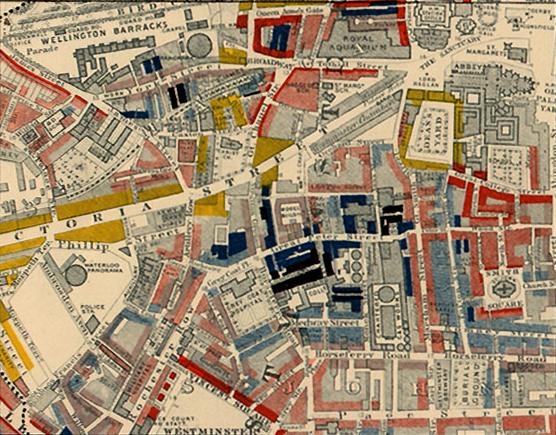
Often, if you ask a human to optimise something, they'll make it orderly: straight lines, simple layouts and clean divisions, but when nature (or evolutionary algorithms) optimizes things, it produces redundancy, gradients, tangles, and complexity -- ironically, robots produce systems that look like nature designed them, while humans produce systems that look like robots designed them.
In an essay called The Efficiency-Destroying Magic of Tidying Up, Uber product manager Florent Crivello lays out a thesis about the value of complexity, a subject that will be familiar to readers who enjoyed Tim Harford's 2016 book "Messy: The Power of Disorder to Transform Lives".
Crivello suggests a three-part test that "messy" systems should be subjected to before anyone attempts to tidy them:
(via Four Short Links)
Continue reading
No comments:
Post a Comment